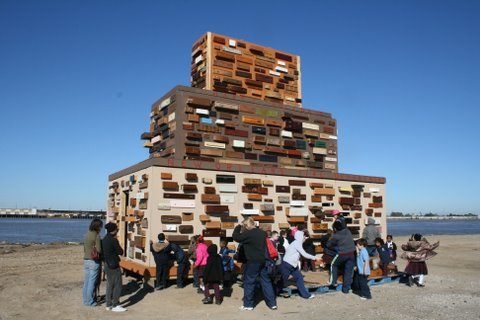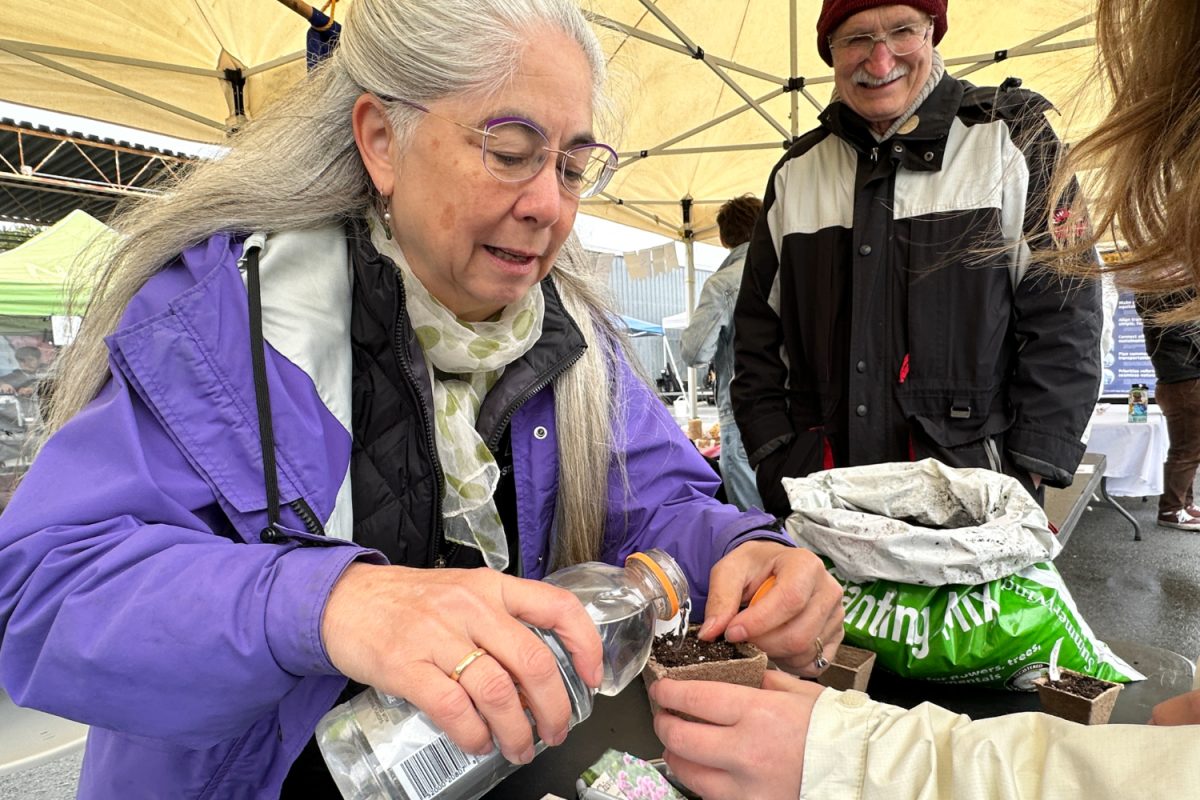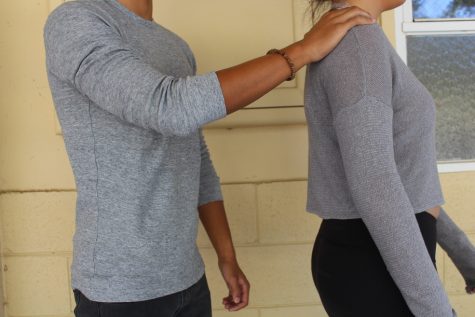
It has been a freedom offered to families since 1963, but in 2016, Catholic homes will no longer be allowed to keep some “extra” relatives in their residencies.
Contrary to popular belief, these evicted family members will not be moving to a new house or apartment. They will instead be relocated to a church-sanctioned location that will approve of their residency. In place of the mantle that they used to live on, these relatives will be secured into specially-structured boxes of metal and concrete — urn burial vaults to be exact.
On Oct. 26, the Vatican announced that they would be changing their policies on cremation practices. Christians would no longer be allowed to store the ashes of their relatives in pieces of jewelry or homes, and would be prohibited from scattering the ashes into the environment.
According to the released guidelines set by the Congregation for the Doctrine of the Faith — the congregation of the Vatican who proposed the changes — Christians must store the ashes of the deceased in “a sacred place” like a church or cemetery.
“The reservation of ashes in a sacred place ensures that they are not excluded from the prayers and remembrance of their family or the Christian community,” reasoned the Congregation for the Doctrine of the Faith in their instructions. “[The placement of ashes in sacred places] prevents the faithful departed from being forgotten or their remains from being shown a lack of respect.”
Carlmont students disproved of the new policies on cremation. Many argued that the logic set forth by the church was irrational, as there is no proof that relatives would necessarily be forgotten if they weren’t placed into church-approved locations.
“If you really miss a person, then a burial urn is a way to keep them ‘alive’ to you,” said senior Boris Pau. “If an urn carries a loved one, then it should be allowed to stay near that person to make them feel good.”
Likewise, some Twitter users argued that storing an urn in the church defeated the purpose of not having a casket burial. In order to place the cremated remains of a person into a church, a burial urn vault has to be bought for them. Along with the fee for a reserved position in the church, the total amount can reach prices as high as $1000.
When cremation was first allowed by the Church in 1963, many families chose cremation over casket burials because the latter process was too expensive.
Similarly, Carlmont students advocated for the spreading of ashes into the environment.
“Many people choose to cremate their loved ones in order to keep them close. Not being allowed to keep the ashes defeats this purpose,” said freshman Emily Nguyen. “[Families] should also fulfill the dead relative’s wish of wanting to be spread in their favorite place. My uncle and grandfather were cremated, and my family spread [their ashes] into the ocean because they believed it set them free.”
Additionally, some students referenced that the keeping of burial urns within close proximity of the family has a beneficial effect on wellbeing. With the burial urn in close proximity, it is easier to handle the loss of the deceased.
“I think people should be allowed to keep ashes in their homes,” said senior Sophie Zhai. “The urn is kept at home so that the family members can feel spiritually closer to the one that passed away. It’s comforting to know that there’s still a piece of them there with you, even if it’s just ashes.”











